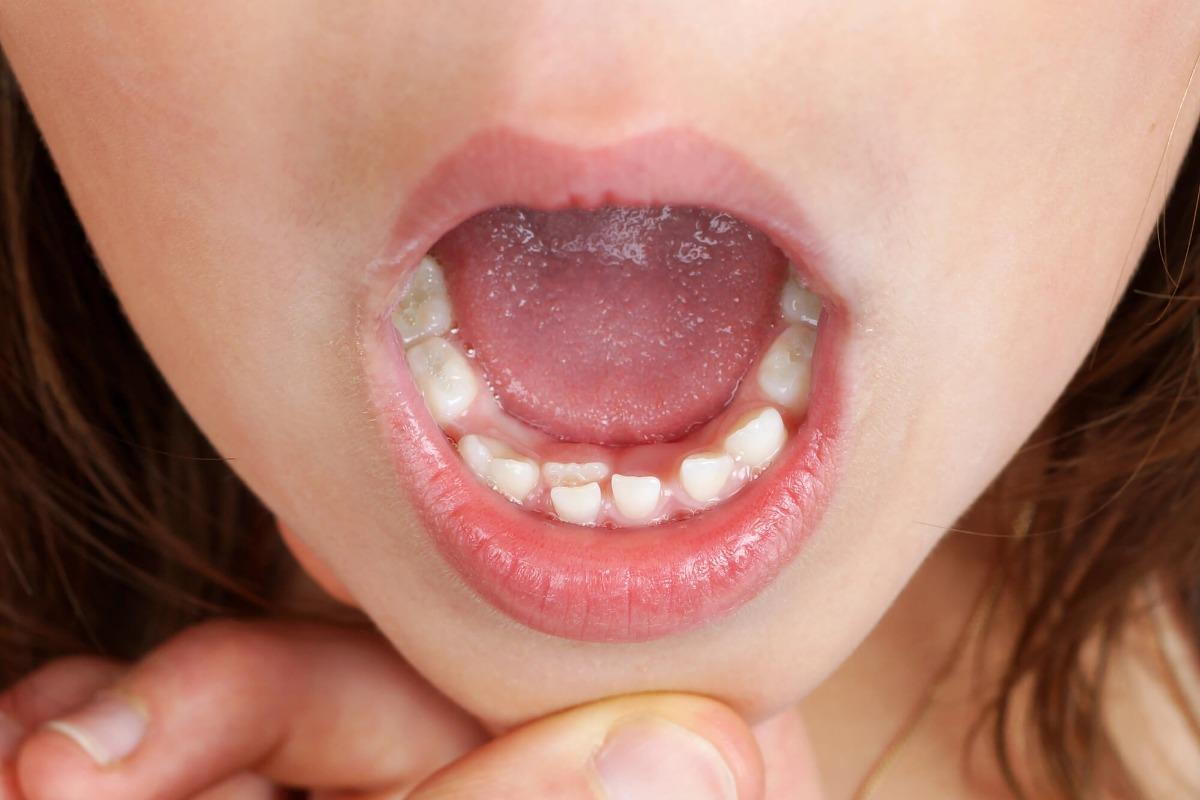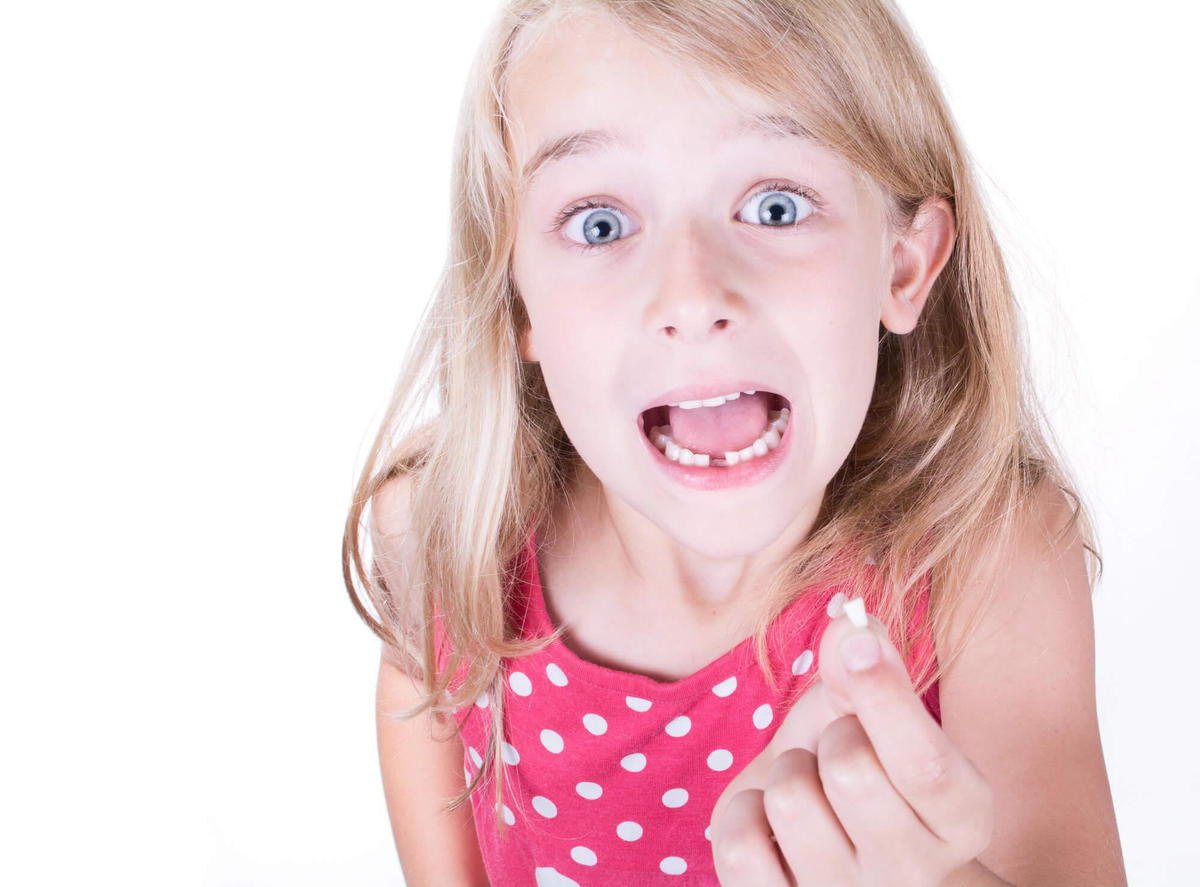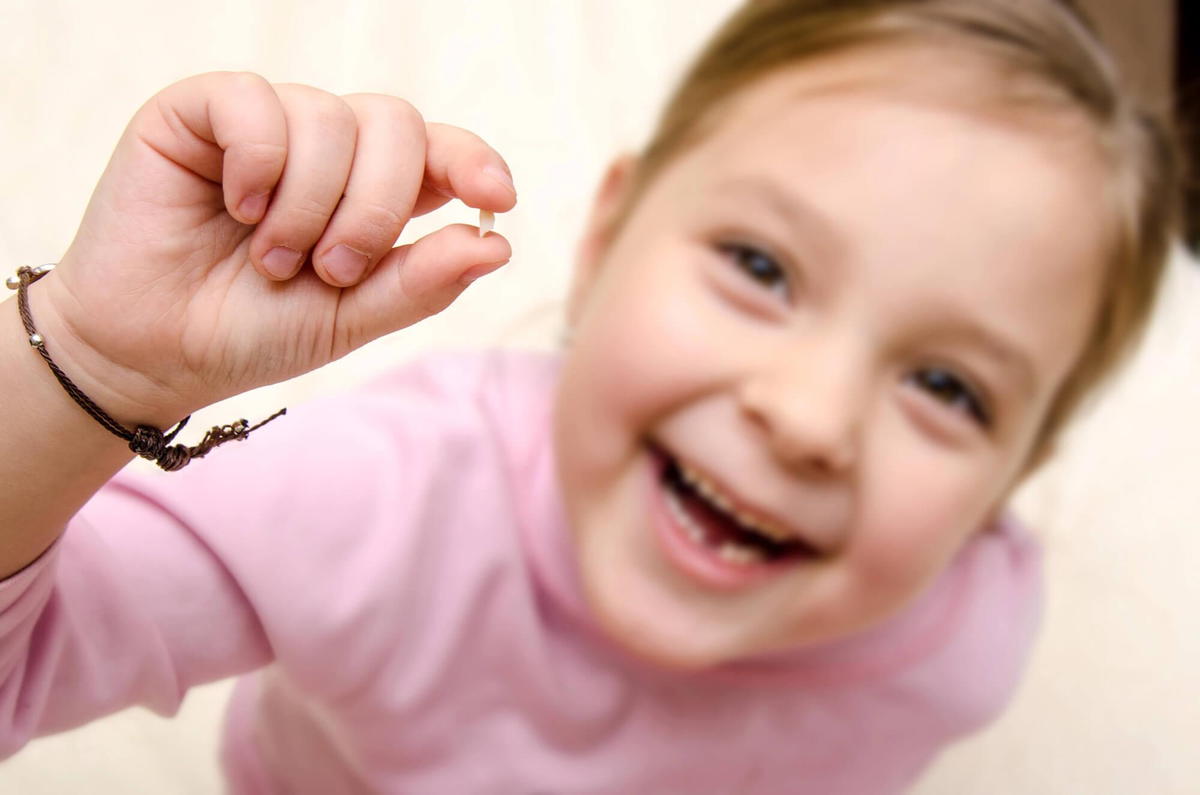
Navigating the milestone of losing baby teeth can be both an exciting and anxious time for parents and children alike. It's a sign that your child is growing up, and with it comes the responsibility of understanding what's normal and when it might be a cause for concern.
Loose teeth are a quintessential part of childhood, with most kids eager to show off that wiggly tooth. But there's more to it than waiting for the Tooth Fairy's visit.
Knowing the ins and outs of this process is crucial for a parent, and that's where Suffolk pediatric dentistry comes into play. Let’s unravel the mystery of loose teeth and ensure you can handle this natural part of your child's development.

Timing of Tooth Loss
Children waving goodbye to their baby teeth is a hallmark of growth, often starting around six. However, it’s perfectly normal for this dental milestone to occur slightly ahead or behind schedule.
Each child’s development is unique, with some eager youngsters sporting gappy grins as early as four or some late bloomers holding onto their baby teeth until seven or eight.
Genetics largely influences this timing, so if you or your partner were early or late bloomers, your child might follow suit. It’s all part of the body's natural preparation for the arrival of permanent teeth.
Sequence of Tooth Loss
The departure of baby teeth typically follows a set sequence, which can be quite helpful for parents and pediatric dentists to monitor. The lower front teeth, the first to appear during infancy, usually lead the way in the tooth loss process, with their upper counterparts not far behind.
It’s as if the teeth take a final bow in the same order they entered the stage. By understanding this sequence, parents can often predict which tooth will be next to wobble and watch as their child’s smile evolves.
The Role of Permanent Teeth
Permanent teeth play the vital role of gently nudging baby teeth out of their cozy spots. These adult teeth slowly dissolve the roots of the baby teeth as they push upwards, which loosens them and eventually leads to their loss.
It's a natural and remarkable process where the adult teeth make room for themselves, ensuring that by the time children reach their teenage years, they have a full set of adult teeth ready to last a lifetime.
Signs of Concern
While loose teeth are typically nothing to worry about, some signs could indicate the need for a pediatric dentist's input. If your child loses a tooth much earlier than expected, if the teeth don't become loose in a relatively symmetrical pattern, or if there’s an unusual delay in the appearance of permanent teeth, it might be time to consult a professional.
Excessive tooth loss or a stubborn baby tooth that refuses to make way for its successor could also signal underlying dental conditions that must be addressed promptly. Regular dental check-ups are crucial in catching and addressing such concerns early on.

Does Your Child Need Suffolk Pediatric Dentistry Care?
Witnessing your child's first loose tooth is a sign that they're entering a new stage of growth, and Altmark Kidz Dentistry is here to support you every step of the way. From the first wiggle to the last baby tooth, our pediatric dentistry experts are ready to provide the care and advice you need. Contact us today to learn how we can help keep your child's smile healthy and bright through all their milestones!